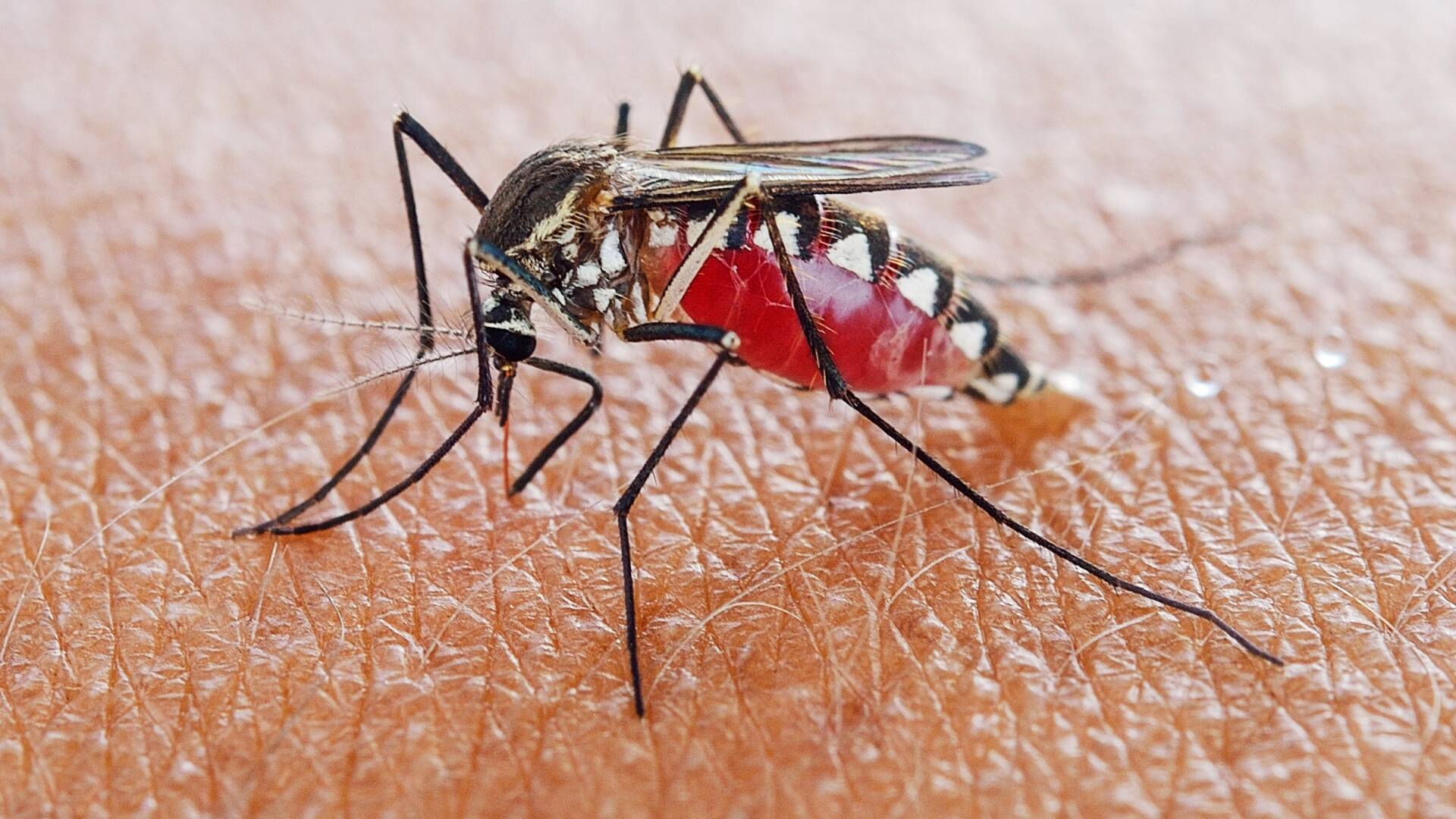When done properly and at the correct intervals, spraying for mosquito control is very effective. Due to the nature of mosquitos, we can target specific areas of a property for control.
Keep in mind that flying makes it impossible to control mosquitos 100%. Also, conditons and proxcimity of adjacent properties may not allow for effective control.







